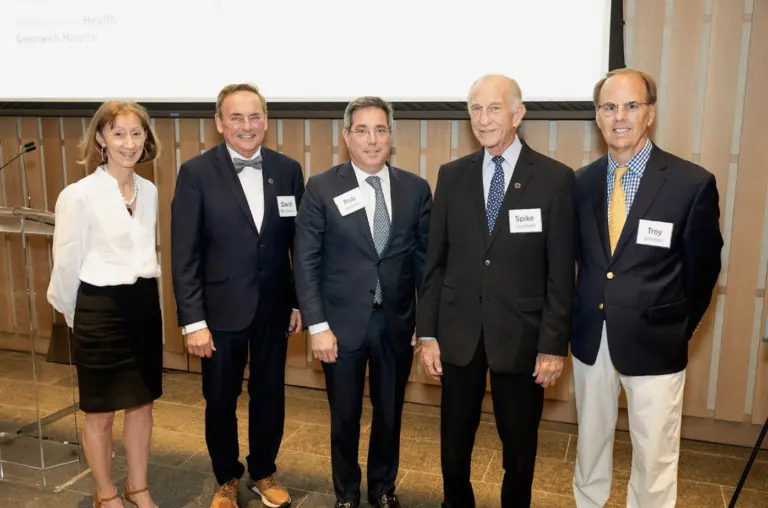
By Becky Smith Ford
Imagine writing a book on gratitude in a state of despair over the results of our last election. In her tenth book, Grateful: The Transformative Power of Giving Thanks, Diana Butler Bass does not mince words about the object+ lesson of finding gratitude during a time of great personal outrage.
In her recent New York Times article, “Thank Trump, or You’ll Be Sorry,” Butler Bass gets straight to the point, saying that “Donald Trump has made ‘thank you’ divisive”—demanding it from his followers and cabinet, and indeed all citizens, and deploying gratitude against his critics to embarrass and shame. She flat out calls Trump’s tactics a “misuse of gratitude,” which tees things up nicely for the most compelling argument in Grateful, namely, that for gratefulness to be ethical it must be non-transactional.
Ancient Rome provides a clear example of transactional gratitude: Caesar owned everything and distributed his gifts and favors at will, and your response was “gratia” in the form of tributes, taxes, loyalty and service.
Failure to fulfill your obligation rendered you an ingrate, a political crime punishable by the seizure of your property, prison, exile or execution. Gratitude was “quid pro quo,” or this-for-that, and 100% compulsory and non-volitional. Butler Bass argues that gratitude must be “pro bono,” or for the good of all, and given with no strings attached, which naturally leads us to the spiritual heart of her book. Gratefulness is a form of grace, and must be given and received with nothing expected in return. How hard is it to love someone who demands love of you? And how hard is it to be grateful in the face of entitlement?
Written using a combination of memoir and journalism, a style Butler Bass used before to great effect in her best-selling book Grounded, Grateful breaks down the hows and whys of gratitude from both a me and a we perspective. Using two aspects of experience, emotions and ethics, she explores gratitude in quadrants: me/emotions, me/ethics, we/emotions, we/ethics. People who emphasize me/emotions are attuned to inner dimensions of appreciation and define gratitude in terms of delight, joy or surprise.
These are the people who love to give and receive gifts. The me/ethics group experiences gratitude in terms of individual responsibility and reciprocity and would never dream of not writing a thank you note or returning a dinner invitation. We/emotions types well up at the singing of the national anthem or during worship at church. I am firmly in this set and have yet to witness a parade, opening ceremony or Christmas Eve service that didn’t make me snuffly. We/ethics people emphasize social responsibility through charity, stewardship, volunteerism and civic life. These are the true do-gooders among us.
Grateful uses these quadrants as its structure, weaving together personal stories—such as the author’s experience at the woman’s march with a group of clergy women holding signs with the beatitudes on them—Biblical stories, like that of Zacchaeus, the tax collector, and stories from the cultural cannon, like Elie Wiesel’s famous interview with Oprah Winfrey about his book Night when he stated, “When a person doesn’t have gratitude, something is missing in his or her humanity. A person can almost be defined by his or her attitude toward gratitude.”
In the epilogue, she includes Mary Jo Leddy’s “ten habits of being” from her book Radical Gratitude. She refers to Leddy’s list as a hinge between the personal and public practices of gratitude. She goes further saying, “We need to develop specific practices for shaping our common life”—a politics of gratitude—“that secure conditions that reflect the worth and dignity of all.”
After all, this is not Ancient Rome, and the goods of creation are destined for all mankind. So let us be grateful for all that is, and all that we have, and extend that thanks to each other, with no strings attached.
We are fortunate to have Diana Butler Bass in town this weekend speaking about her new book.
She will be at Christ Church Greenwich, on Saturday, May, 5th at 7 p.m.





